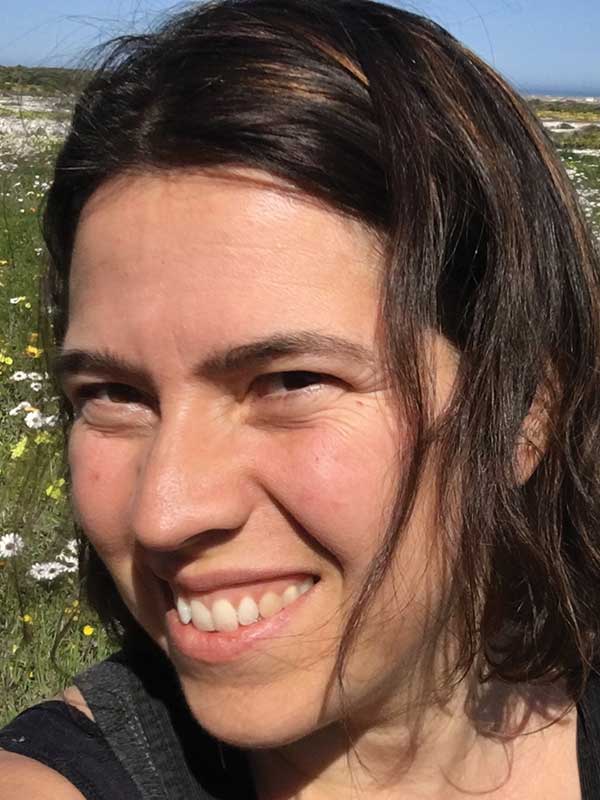By Andi Kuti
Fifteen years ago, three weeks before Pesach, I was in early labour, giving birth to my first child.
The contractions were coming strongly but I had no idea how much longer and what was still to come in the hours ahead or how on earth I was going to cope if this got any more intense. Neither was I aware that through those hours coming, with the child, a new mother was being born too.
What I had prepared for the labour ahead was a CD by Debbie Friedman z”l, The Journey Continues, which she composed and wrote for the famous Ma’yan Seders. These were probably the most spirited Seders in New York around the millennium, where hundreds of women gathered in ritual, song, solidarity and celebration, using the Haggadah to tell the story of women to women: successes, hardships, support and wisdoms of liberation.
I had been listening to these songs in the days leading up to this birth because I felt the energy and the image of the exodus through the splitting sea to the open space on the other side similar to the energy and image of a baby coming through the birth canal to Life on this big Earth. I loved the upbeat rhythm, but also, I loved the reassurance in the songs, and in our wise tradition that is applicable for all moments of coming out of a tight situation to freedom — that even if it is difficult, it is possible; even if it is through the unknown, it is worth going forward. I loved the encouragement and the empathy in the tone which this time came from our Mothers.
“Where does the journey begin?
Where will we go?
Hours pass, the answers might change
As we keep moving along.
Stand at the shores of the sea
Fearful, we want to turn back.
The sea parts, our eyes fill with wonder
As we go along on our journey.”
However, I also felt something else coming along. I had been leading women Seders in Budapest, Hungary from the Ma’yan Haggadah. My favourite part of the Ma’yan Haggadah (which is hard to pick) is the intergenerational conversation, traditionally the four son’s questions — here the Four Daughters — and the Mother’s answer, for example to the daughter who asks no question:
“You must say to her, “Your questions, when they come, will liberate you from Egypt. This is how it is and has always been with your mothers and grandmothers. From the moment Yocheved, Miriam and the midwives questioned Pharaoh’s edict until today, every question we ask helps us leave Egypt farther behind.” Ma’yan Haggadah, P.62
These were so important for me as I was launching my new journey as a mother, and trying to understand what a woman, a wife, a mother is and how to look after my child and my own body on this journey. In the midst of confusing and contradicting advice, role models, social and cultural rules and practices, I needed to know and feel that I have supportive sisters and mothers, and that it is OK to ask questions. It is OK to see becoming a mother as still staying on the path of liberation.
At some point we realised the CD was on for the fourth time, labour was moving forward and I was submerging to the deeper, slower, less-rational, more subconscious territories, where I needed focus and quiet… But deep inside I carried with me the knowing and the support that this passage is an important one, even if it is hard and frightening, it is also liberating. Just as our ancestors wanted us to remember and re-live each year, to take the steps forward, and to have courage.











